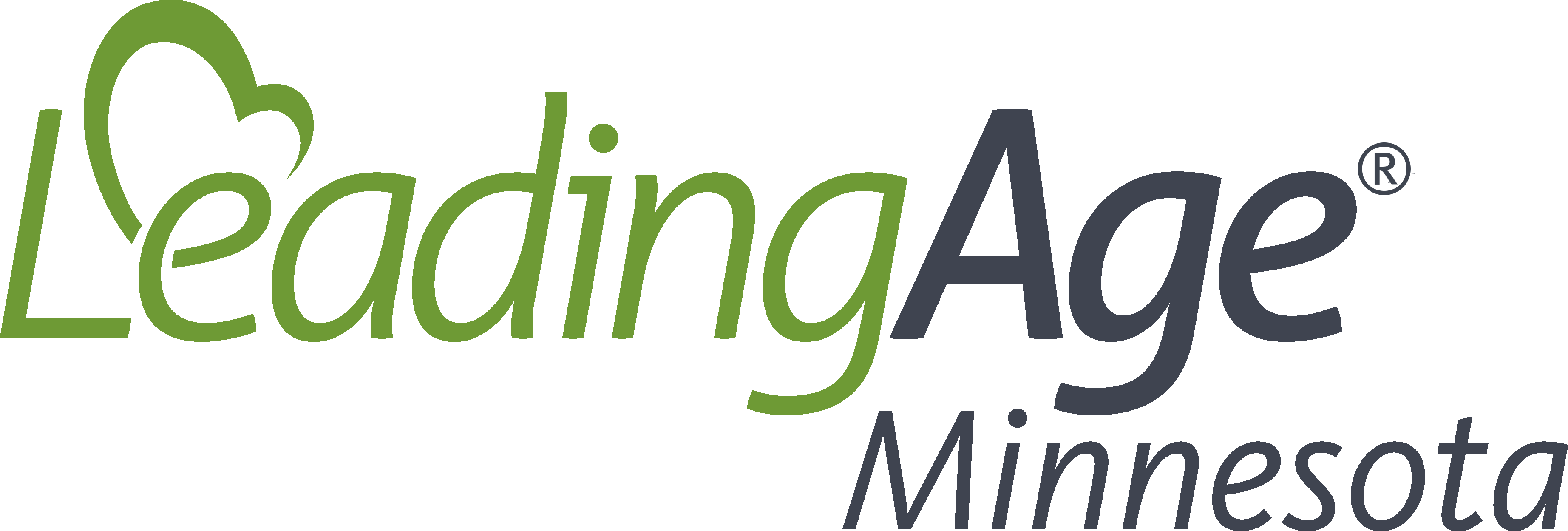Preventing Ingestion-related Adverse Events
Posted on September 15, 2022 by Julie Apold
LeadingAge Minnesota has recently updated a Property/Grounds Hazard Vulnerability Assessment Tool (Ingestion-related events) as a guide to conduct regular safety checks to ensure that your property and grounds are maintained in a safe and sanitary manner.
In a recent high-profile incident at a California assisted living location, a resident died, and others were hospitalized after mistakenly being served dishwashing liquid instead of juice. Mistakes that seem unlikely can happen more easily than you would think.
It is essential to learn from this event to ensure effective prevention practices are in place.
Learning from Substantiated Complaints
Early findings from the California case suggest that a staff member filled a pitcher with dishwashing liquid to dispense the liquid into the dishwashing machine. Another staff member picked it up, mistaking it for juice, and served it to three residents.
An earlier review of Minnesota substantiated complaint reports found instances of resident ingestion of caustic substances due to the lack of effective processes. Additionally, substances were not secured in locked locations when not in use, and there was a drift in practice in ensuring potentially toxic substances were always secured.
Steps to Prevent Ingestion-related Adverse Events?
- Convene staff to inventory specific at-risk areas, such as kitchens, laundry rooms, housekeeping, and maintenance storage, to identify all caustic agents/toxic items that must be secured.
- Identify potential gaps/vulnerabilities in current practices and brainstorm solutions to strengthen processes and reduce reliance on staff remembering to secure items.
- Review any client-specific vulnerabilities, such as food-seeking behavior, that may increase risk in certain areas and address those increased risks in your plan. For example, if you have residents/clients that are food-seeking, consider removing cleaning supplies from the kitchen area).
- Develop checklist items, such as checking that locks on cupboards, drawers, and doors are secured, conducting daily/monthly safety checks, and assigning specific staff to complete safety checks.
Comments
Add a comment
Members must sign in to comment
You must be a member to comment on this article. If you are already a member, please log in. Not a member? Learn how to join »

No one has commented on this article yet. Please post a comment below.